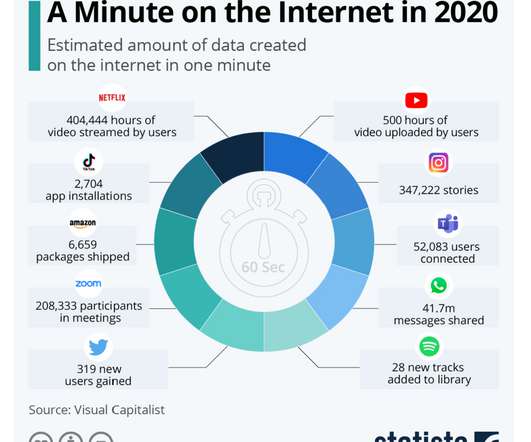Integrating Structured and Unstructured Data; Are we there already?
Everteam
MARCH 12, 2019
“By 2022, 50% of organizations will include unstructured, semistructured and structured data within the same governance program, up from less than 10% today.” Gartner Market Guide for File Analytics. What if this requirement to separate unstructured and structured data is no longer necessary?













Let's personalize your content